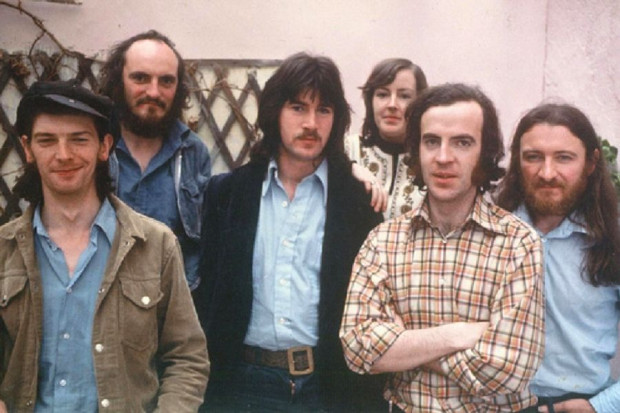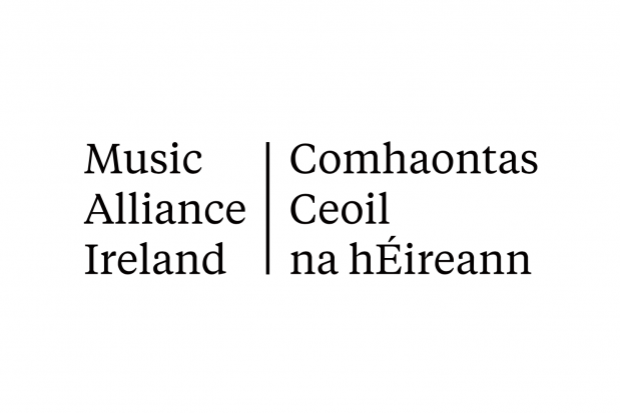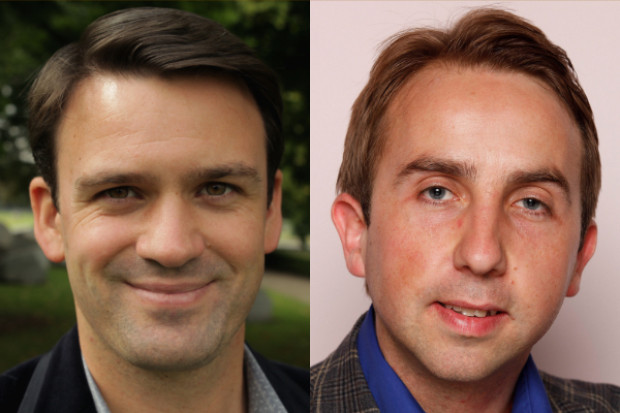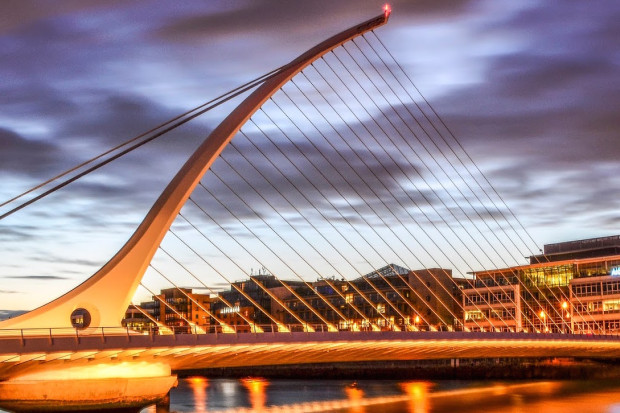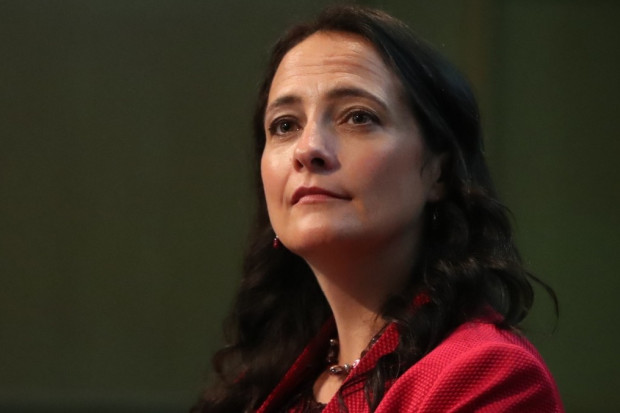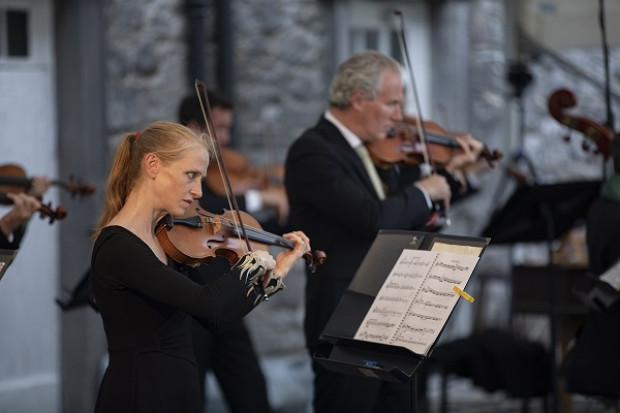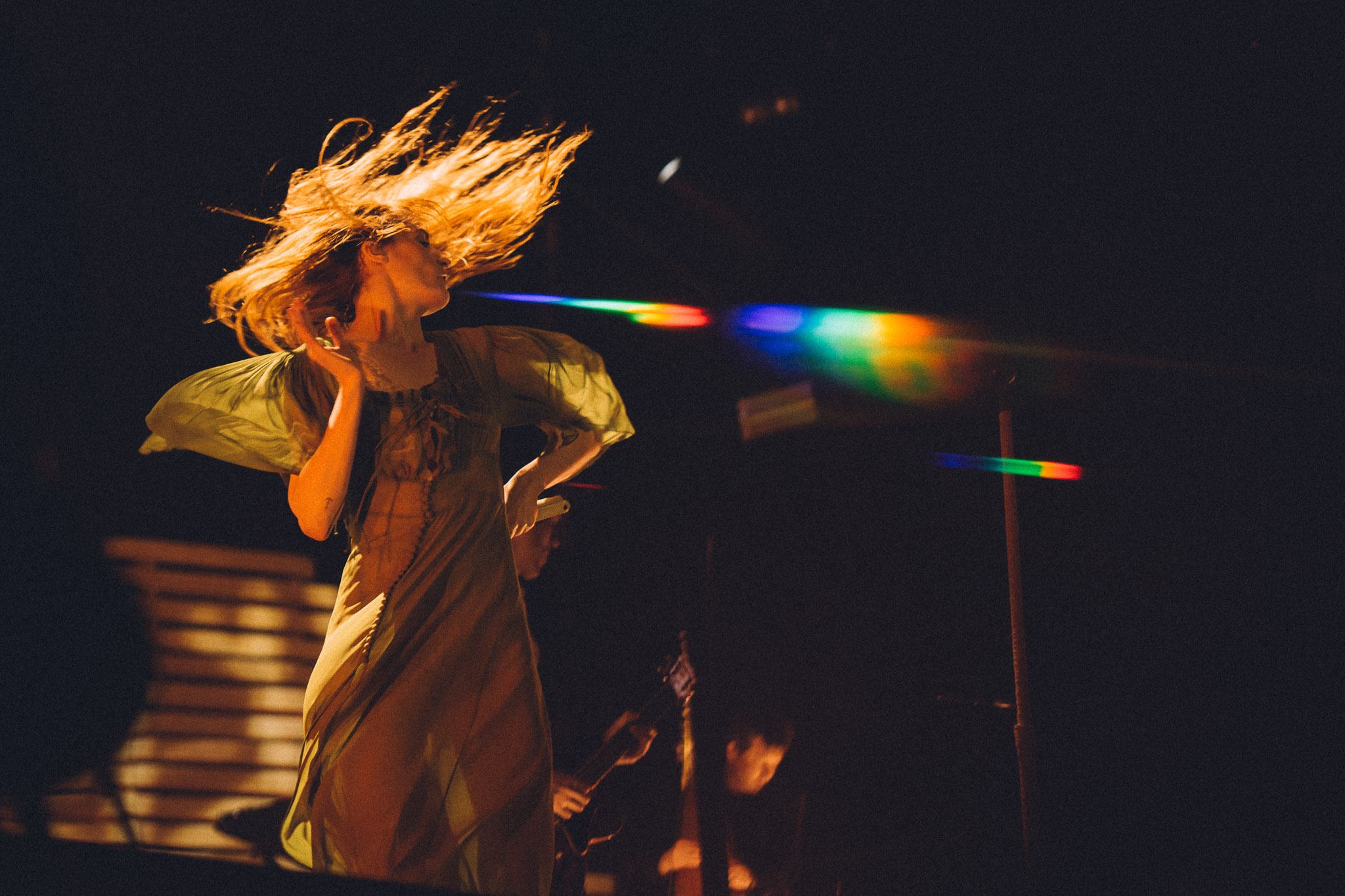
Róisín Murphy performing at Electric Picnic in 2019. (Photo: Electric Picnic)
Irish Fatalism and the Lack of Planning for Live Music
It is now almost five months since Minister for Arts Catherine Martin struck this optimistic note:
The Live Entertainment Industry has extensive expertise in developing health and safety protocols and, following two successful test pilot events in 2020, I now intend to establish a consultative stakeholder forum that will help solidify the guidance for reopening and returning to live performance.
Six weeks later, at the end of April, there seemed to have been more progress. The Minister added:
I informed colleagues today that my Department is working on proposals for a phased approach to reopening small music venues (seated only), subject to health advice. I recently established the Return to Live Entertainment Working Group who will submit their guidelines for the Live Entertainment sector next week.
In May, Minister Martin announced pilot events in June and said, ‘We are reopening our stages, concerts, sports, our country’ and ‘Cabinet has agreed to my request that restrictions on performances at licensed venues, such as restaurants, pubs and hotels, will be reviewed as a priority.’
But less than two weeks ago, on 24 July, when the Indoor Dining Guidelines were published, they blankly stated: ‘Music performance, dancing or other entertainment or mingling between tables is not allowed’.
A week later, the Minister was ‘signalling’ her intention to work with Government ‘towards developing a re-opening plan for the sector’, but Féile Nasc, which was to take place at Marlay Park at the end of this month, had already taken the decision to cancel, and within days, Electric Picnic, which was to happen on 24–26 September, was refused an event licence.
There are live music events taking place this month, but the restrictions are so stringent, and the event capacity so limited, that we do not have anything near a functioning music sector. Promoters and venues would normally announce their September to May programmes over the next few weeks, but they are finding it very difficult to plan.
For the past several months, we have heard hopeful media reports about the future ‘return of live music’, but it seems we have fallen for the classic Irish mistake: dreaming, but not taking practical steps. None of the Department statements since March have turned into practical guidelines. David Morrissey, the director of the Lost Lane venue in Dublin, asked a simple question in May: ‘Where do the vaccinations need to be?’ We still have no answer.
The music sector has also been confronting Irish fatalism. ‘There’ll be singing, and you introduce alcohol into it, everyone is hugging eachother… it’s not safe,’ said Councillor Aisling Moran on RTÉ Radio 1 on Tuesday (3 August), in a discussion about Electric Picnic. The first part is true, but we can do something about the last part when we have over 70% of adults vaccinated. But fatalism is a self-fulfilling prophecy. As soon as the first vaccine was developed in December, the Laois councillors should have been planning for Electric Picnic and calling for guidelines. The problem now is that any country will struggle with the leap from ‘mingling between tables is not allowed’ in August to 70,000 people in a field in September. The GAA, on the other hand, has been running local training events and matches with strict health protocols since April, and the processes have bedded down in the culture. Next month, it will host 40,000 people at Croke Park for the All-Ireland final. This has been interpreted as prioritising sport over the arts, but there is already a much better understanding, at political and public level, of what is involved.
‘What we’re missing is strategy, a plan,’ said Niall Breslin of The Blizzards on the Pat Kenny Show on Newstalk last Thursday (29 July), finding it difficult to believe that we are still in this situation. ‘We have crews all over the country. They build cities in fields. It’s an incredibly highly skilled industry. The reality is we just don’t see a plan…. It’s incredibly frustrating watching other countries, almost a year ahead of us.’
It seems that the mantra that the music and arts sector has used during the pandemic to elicit more state funding – ‘We were first to close, and we’ll be last to open’ – has come back to haunt it. It has instead created an impression that there is little point in planning, or that we are not able to plan, because of the vagaries of the artistic world.
Events with substantial audiences are taking place from the UK to Germany to the USA. It is not that they know more than us. They are just planning for all eventualities. When the arts funding announcements were flowing over the last year, and Ireland was congratulating itself on its support for artists, and we were hearing positive sentiments about live events, we presumed that the Government was planning for the reopening of the sector, but something stopped it. It is likely they were confronted with the age-old image of Irish music – people getting inebriated and losing themselves – and there wasn’t enough knowledge about the music scene to know that that impression is simply that – an image – and the reality is that there are many types of events and many ways of putting on live events safely. Fatalism and a lack of sectoral knowledge have covered over a simple lack of planning.
Published on 5 August 2021
Toner Quinn is Editor of the Journal of Music. His new book, What Ireland Can Teach the World About Music, is available here. Toner will be giving a lecture exploring some of the ideas in the book on Saturday 11 May 2024 at 3pm at Farmleigh House in Dublin. For booking, visit https://bit.ly/3x2yCL8.












